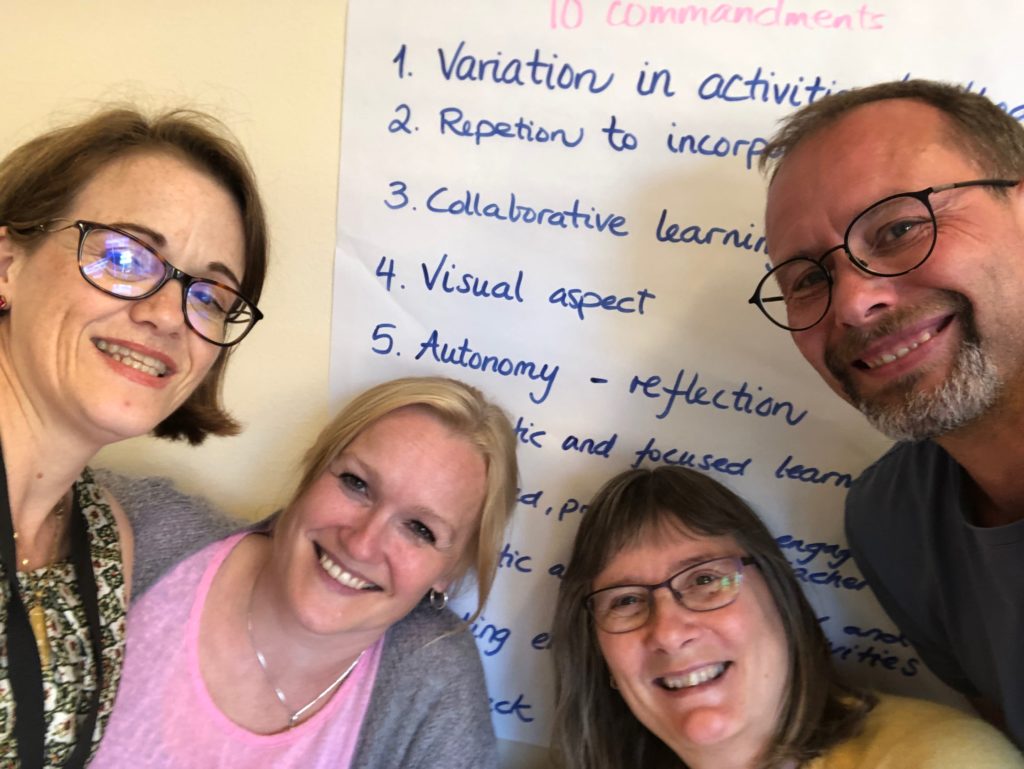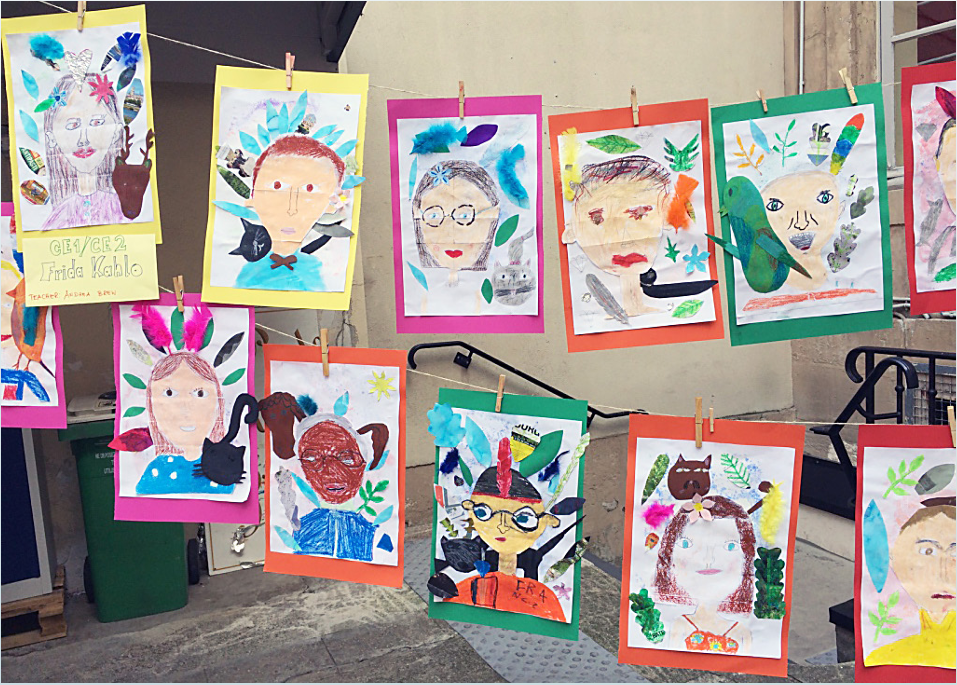The English Department is highly committed to teacher education and offers in addition to pre-service teacher education (MAGLU) a number of in-service teacher development programmes (KFK) for practising teachers that are delivered flexibly and online.


Overview
Our teacher development programmes are strong in providing evidence-based approaches to teaching, for English learning that is relevant and exciting for todays’ school students. We share important research-informed ways to promote powerful pedagogical practices and motivating classroom methodologies – the how of teaching speaking, writing, listening, reading and intercultural learning. We discuss hands-on approaches that make the most of the new English curriculum for the primary school, grades 1-7, and lower secondary school, grades 5-10. We pay particular attention to the core curriculum (Overordnet del – verdier og prinsipper for grunnopplæringen), to the many opportunities for interdisciplinary content in the English classroom, and the potential for in-depth learning. English is a key subject for intercultural understanding, and enthusiastic teacher educators in the English Department are keen to show how English studies at school can open up new perspectives on the world, on ourselves as teachers and on the students who are learning English. With in-service development, practising teachers have the opportunity to raise their qualification level and self-esteem in order to address the increasing complexity of the twenty-first century with strengthened professionalism and confidence.
Discover our English KfK offerings — click a programme button below to explore!

